Idea by
Matan Gal
Call for ideas 2019
Africa ; Israel
Africa ; Israel
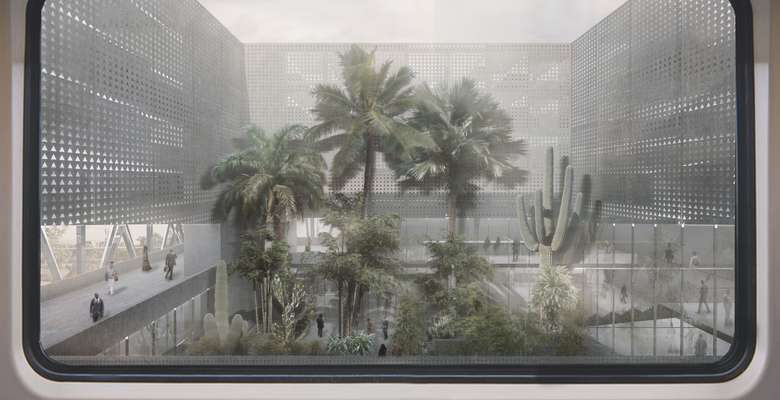
- New alliances
With the end of WWII and the dissolution of colonial rule, Israel and the African countries gained their independence. This historical narrative created a common denominator, based on democracy, socialism, and nationalism.
In the following years, the African countries had undergone many upheavals, and the tight relations were replaced with suspicion. The crisis reached its peak with the Six-Day War, after that the African countries saw in Israel as an occupying country. The 90's marked the renewal of the relations - Since then, the Israeli presence in Africa has been characterized by Crony-capitalism, Neo-colonialism, and raised controversy over this trend.
The project proposes a railway line stretching from Israel into the heart of Africa. The lack of infrastructures in Africa is considered its worst affliction, which hampers many aid missions. The establishment of the railway will use as a platform for transparent trade, which accessible to a broad segment of the population.
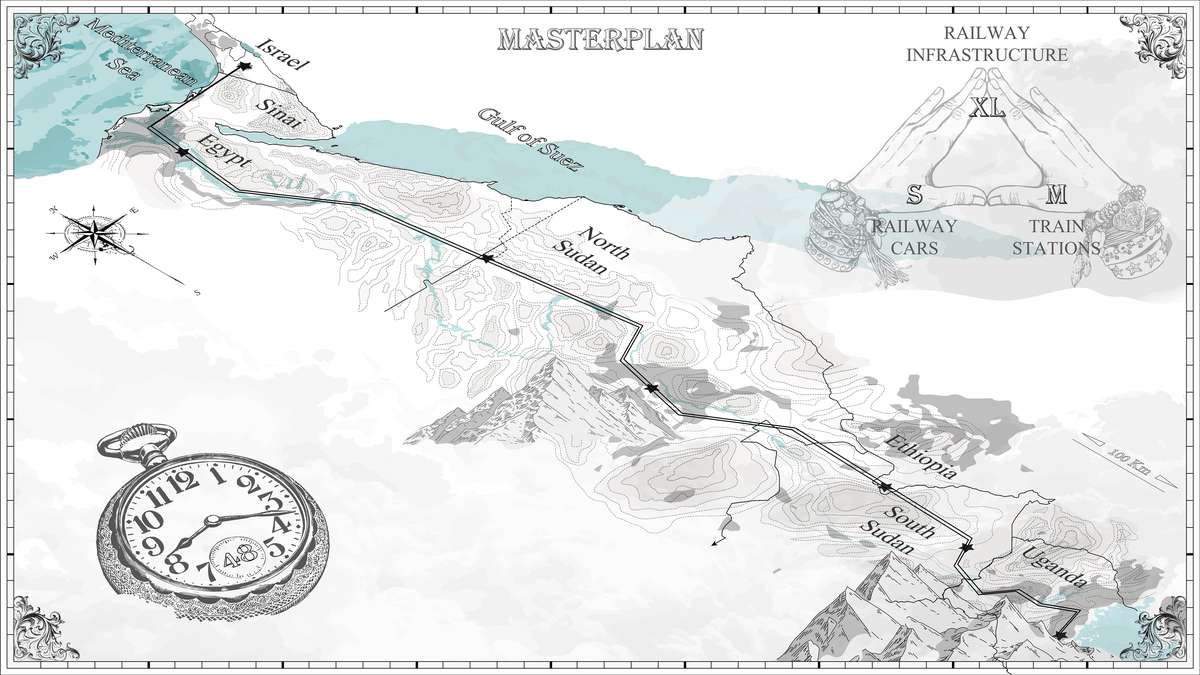
The train has a bi-directional and egalitarian approach between Israel, Egypt, North Sudan, South Sudan, Ethiopia and Uganda. The train is based on existing economic status that is currently being established between Israel and the neighboring African countries. This infrastructure platform intended to interweave Israel (which today turns westward only) as a link within the rich, colorful and dynamic fabric of Africa.
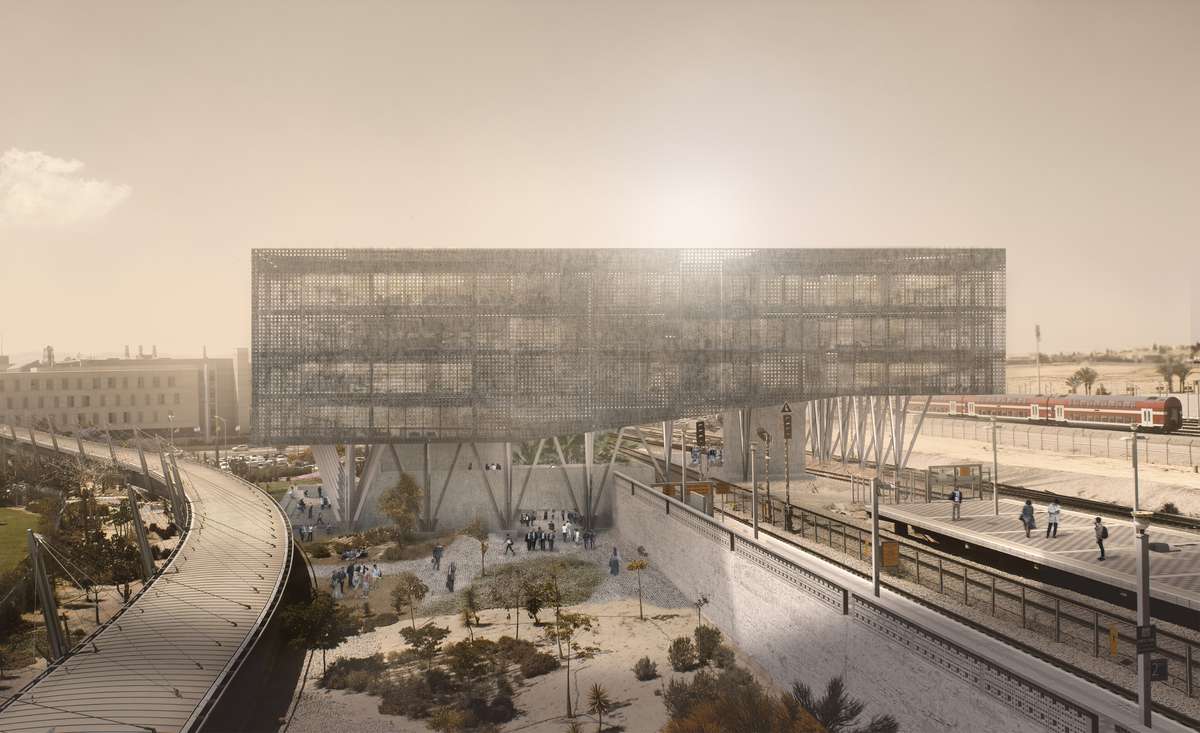
The station in Be'er Sheva serves the environmental needs in which it is located - it creates connections between different fabrics in its surroundings, including a hi-tech industrial park, university, hospital campus, and residential neighborhoods. The station is placed on the main traffic artery on the way to the border (the southern gate) of Israel toward Sinai, Egypt.
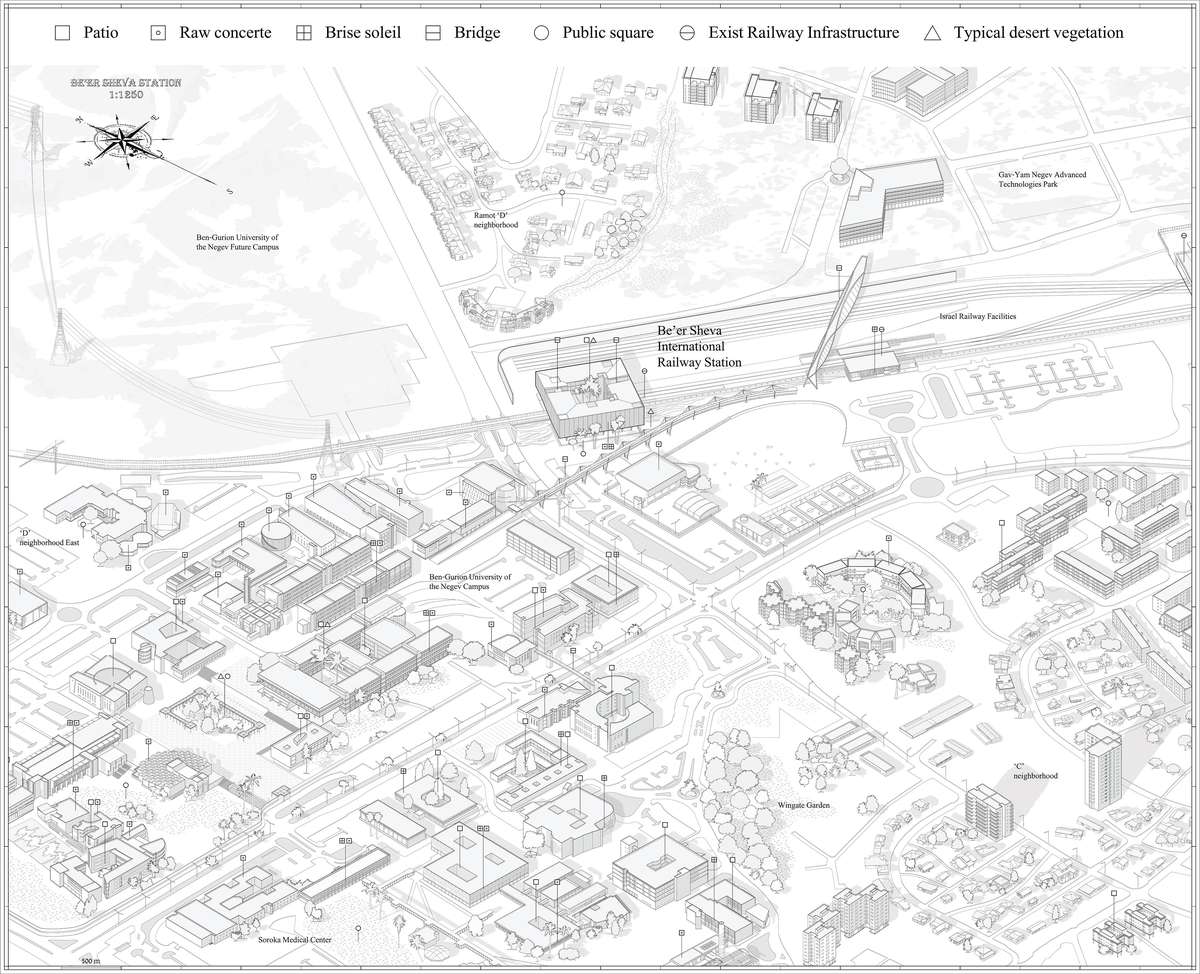
The connection between Israel and Egypt was already made in the era of the Ottoman rule in Palestine and was implemented during the British mandate period. This line ceased to function because of the economic and strategic futility of the British Mandate in Palestine.
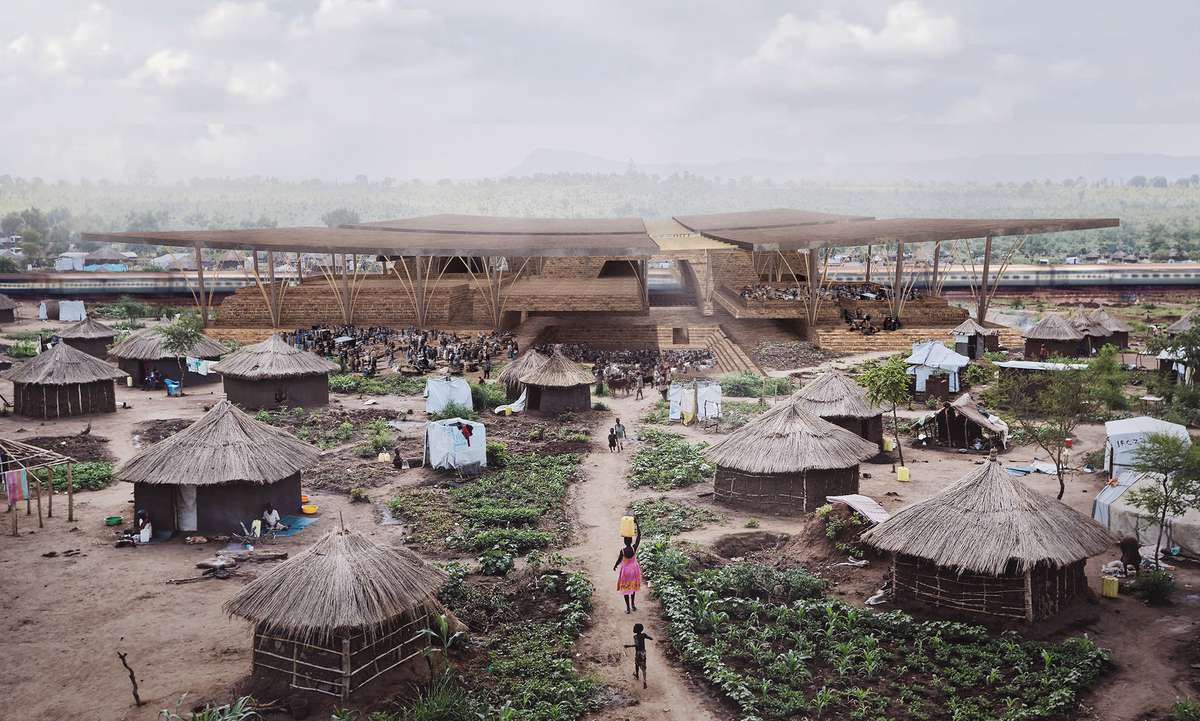
Juba, who witnessed bloody civil wars and many, on the basis of an exchange of power and gaining independence in front of North Sudan. The few infrastructures and initiatives have existed in the country have failed due to the instability. Nowadays, South Sudan is in dire straits of hunger and lack of infrastructure which capable to leverage the local economy.
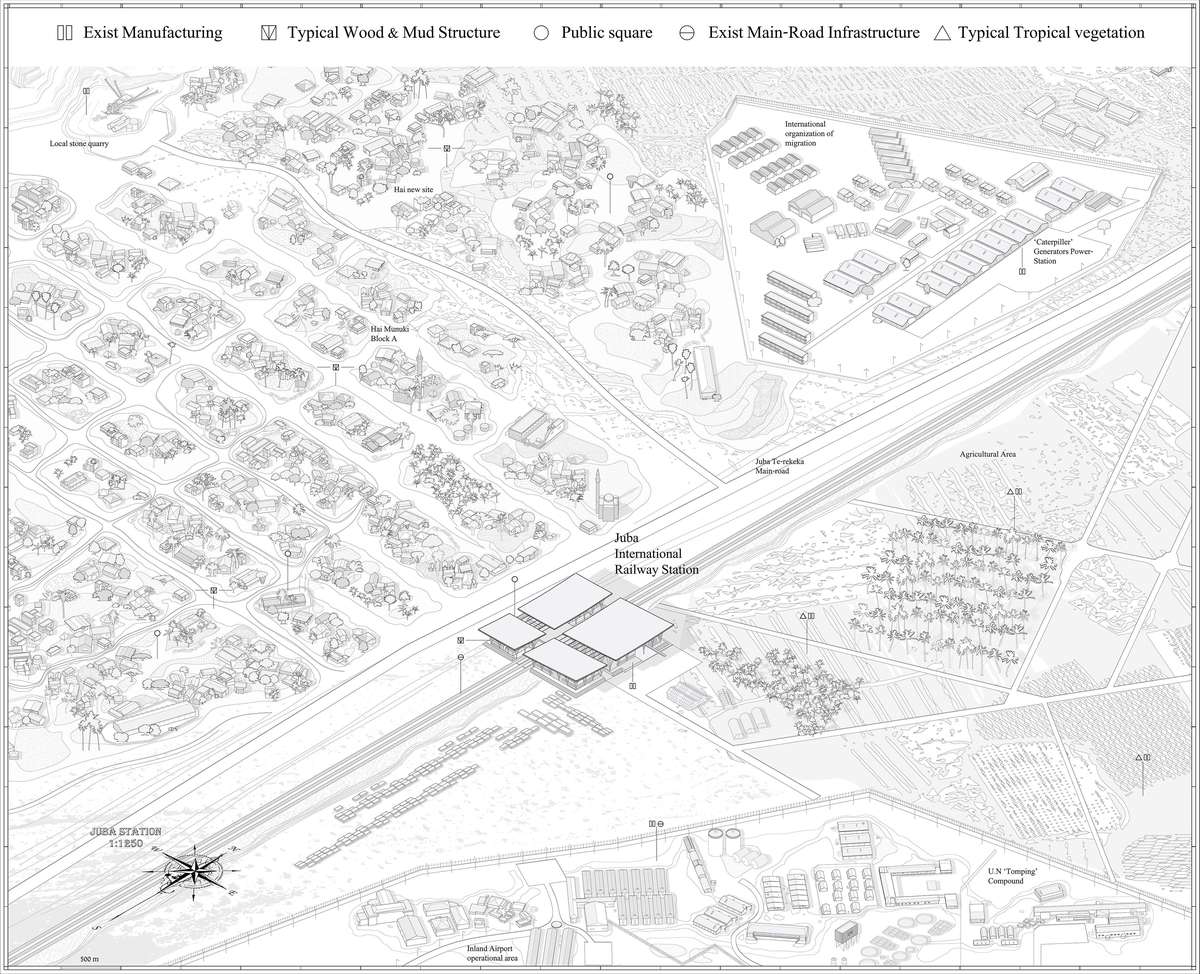
The railway station will serve as a hub for the country's central state, which relies on traditional agriculture, creates a local trade platforms, research labs, training areas, packaging facilities, storage hangars, and distribution center. The station relies on the UN facilities, foreign companies and the airport nearby. The design has been used with local materials including mud bricks and Teak trees, as well as traditional construction methods.
Africa ; Israel
Africa ; Israel

- New alliances
With the end of WWII and the dissolution of colonial rule, Israel and the African countries gained their independence. This historical narrative created a common denominator, based on democracy, socialism, and nationalism.
In the following years, the African countries had undergone many upheavals, and the tight relations were replaced with suspicion. The crisis reached its peak with the Six-Day War, after that the African countries saw in Israel as an occupying country. The 90's marked the renewal of the relations - Since then, the Israeli presence in Africa has been characterized by Crony-capitalism, Neo-colonialism, and raised controversy over this trend.
The project proposes a railway line stretching from Israel into the heart of Africa. The lack of infrastructures in Africa is considered its worst affliction, which hampers many aid missions. The establishment of the railway will use as a platform for transparent trade, which accessible to a broad segment of the population.
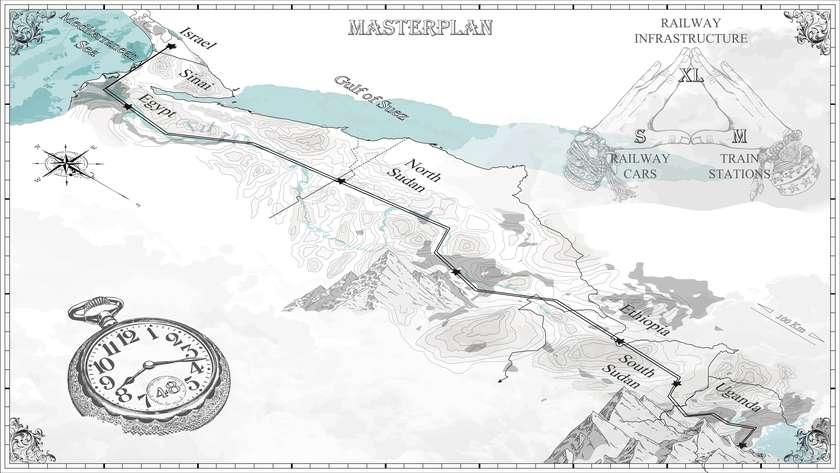
The train has a bi-directional and egalitarian approach between Israel, Egypt, North Sudan, South Sudan, Ethiopia and Uganda. The train is based on existing economic status that is currently being established between Israel and the neighboring African countries. This infrastructure platform intended to interweave Israel (which today turns westward only) as a link within the rich, colorful and dynamic fabric of Africa.
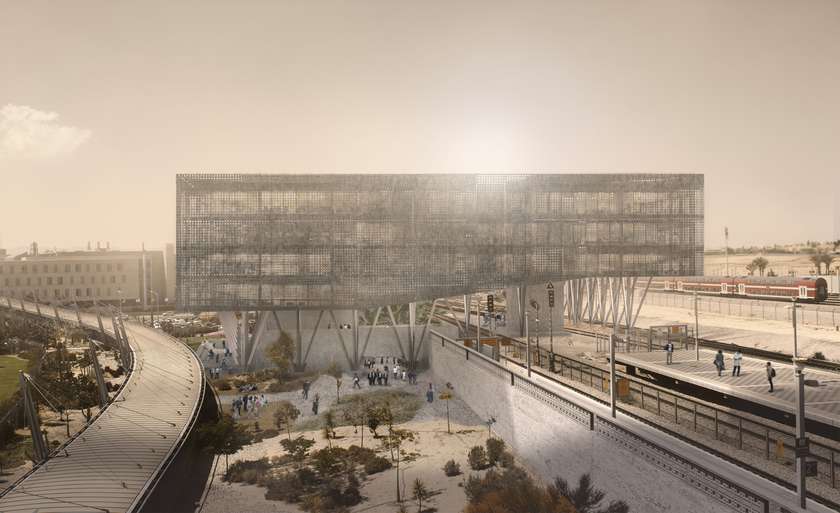
The station in Be'er Sheva serves the environmental needs in which it is located - it creates connections between different fabrics in its surroundings, including a hi-tech industrial park, university, hospital campus, and residential neighborhoods. The station is placed on the main traffic artery on the way to the border (the southern gate) of Israel toward Sinai, Egypt.
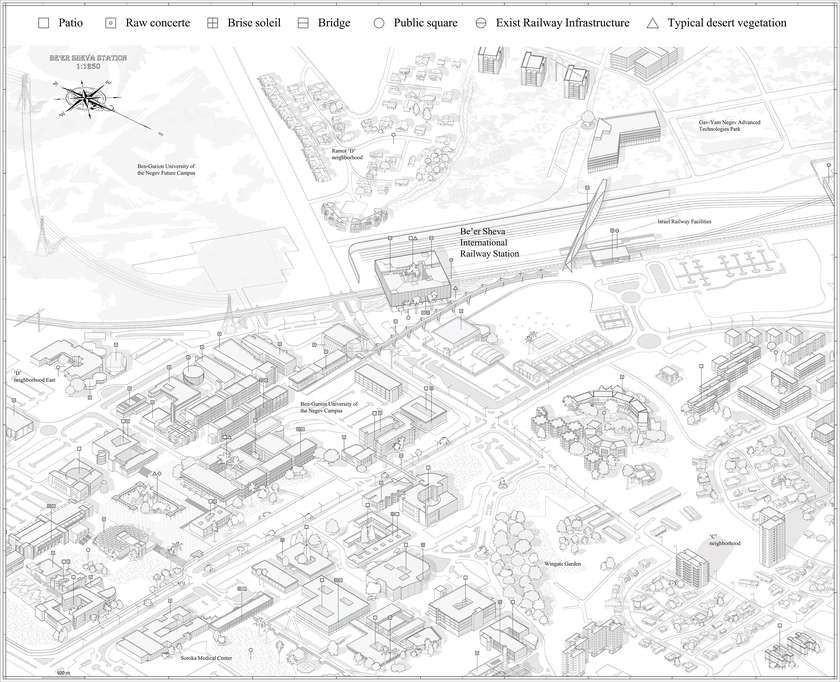
The connection between Israel and Egypt was already made in the era of the Ottoman rule in Palestine and was implemented during the British mandate period. This line ceased to function because of the economic and strategic futility of the British Mandate in Palestine.
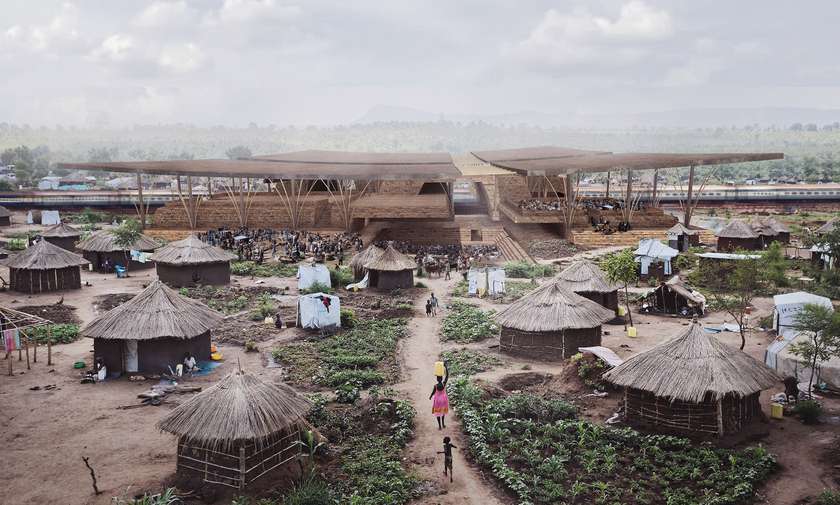
Juba, who witnessed bloody civil wars and many, on the basis of an exchange of power and gaining independence in front of North Sudan. The few infrastructures and initiatives have existed in the country have failed due to the instability. Nowadays, South Sudan is in dire straits of hunger and lack of infrastructure which capable to leverage the local economy.
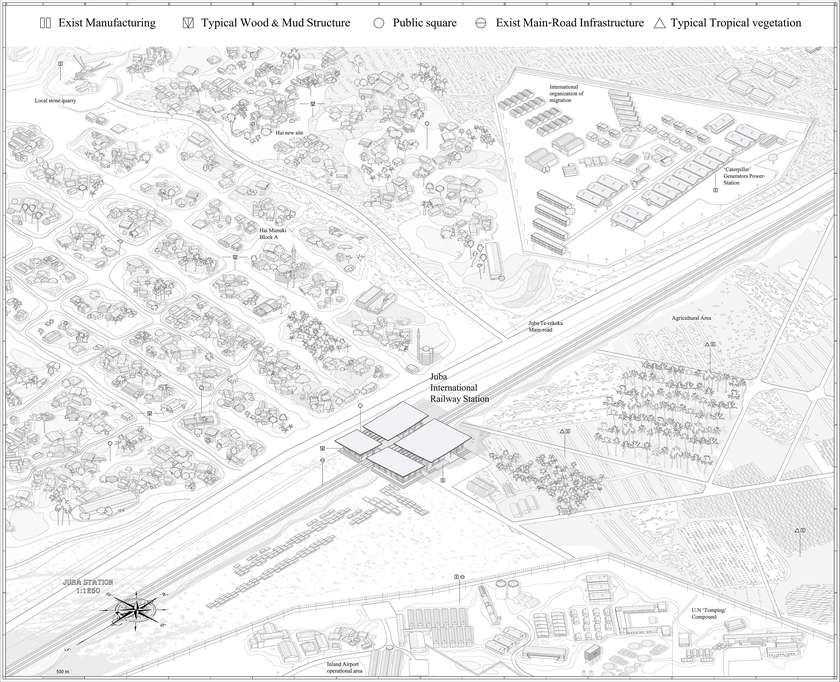
The railway station will serve as a hub for the country's central state, which relies on traditional agriculture, creates a local trade platforms, research labs, training areas, packaging facilities, storage hangars, and distribution center. The station relies on the UN facilities, foreign companies and the airport nearby. The design has been used with local materials including mud bricks and Teak trees, as well as traditional construction methods.